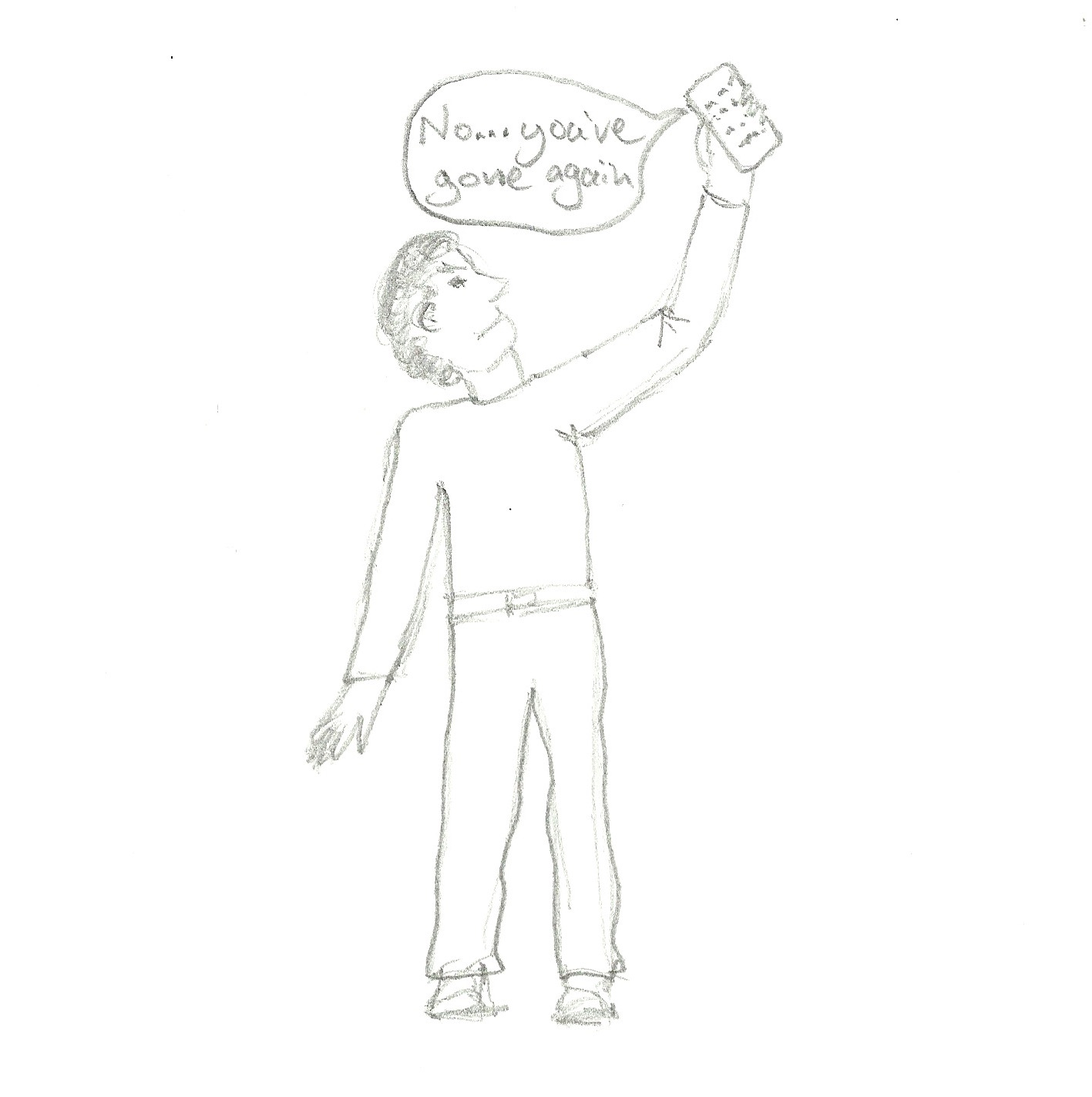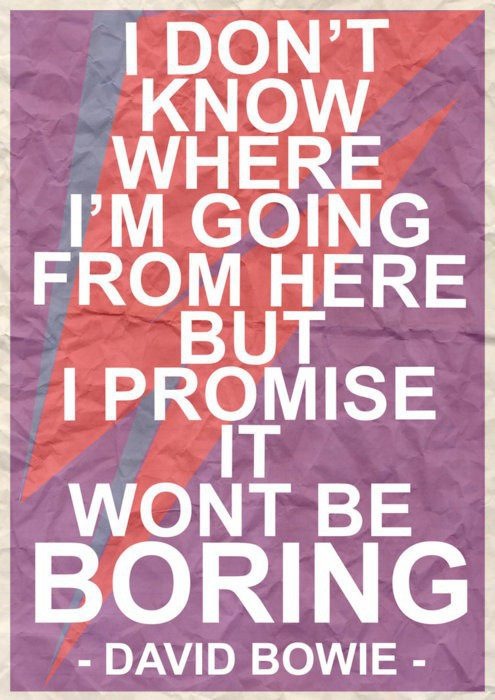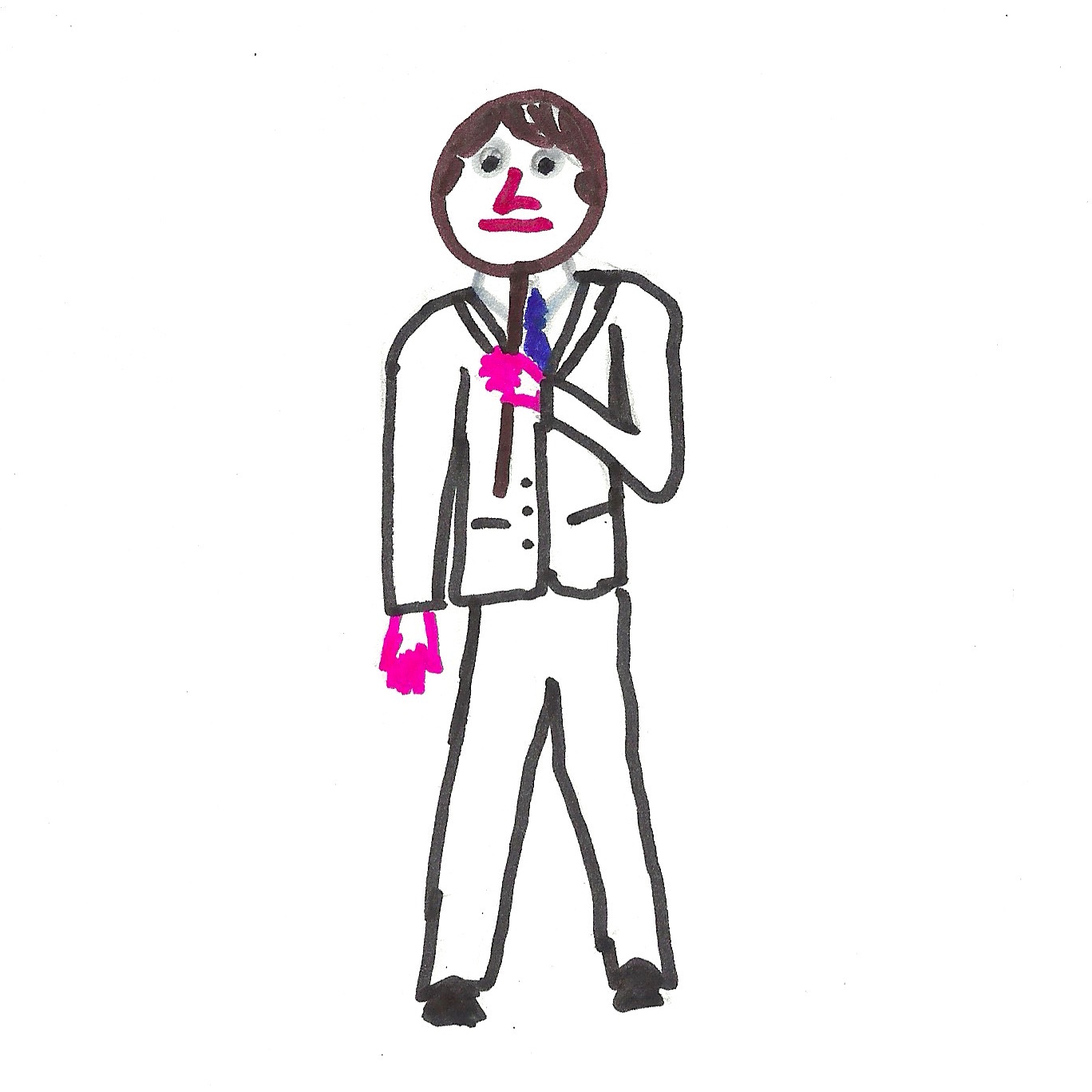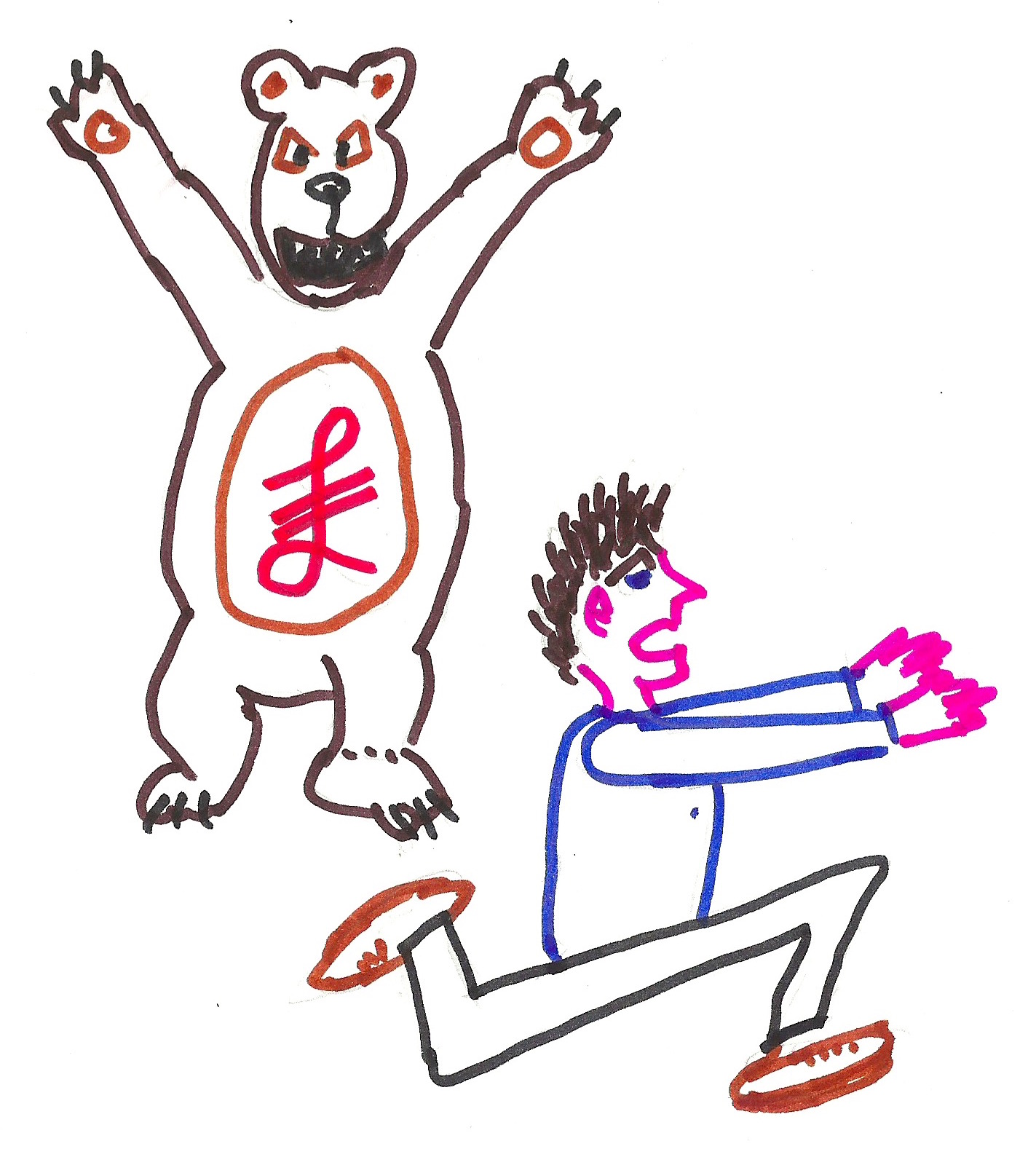“There’s something wrong with my new phone” said my wife exasperatedly, “it keeps running out of power. I have to plug it in wherever I go, it’s ridiculous!
This was a bit of a problem as she was one of the leaders of a school trip on the Isle of Wight and responsible for large numbers of very excited Year 6 children. If her phone went dead it wasn’t just inconvenient, it compromised safety.
The phone had been working fine since she’d got it the weekend before and I couldn’t work out what was wrong, so it would have to wait until she got home. So, lacking any other solutions, my wife navigated the Isle of Wight from electricity socket to electricity socket.
The problem, it turned out, was that the phone had every connection option switched on for almost every app. There was a constant stream of checks, messages and updates going between the phone and the network. This does put extra demand on the battery but that’s not normally too much of a problem – as long as you are connected to the network.
Now, the mobile network on the Isle of Wight is not as dense and robust as it is where we live. Added to that, she was in a coach driving around the island for large parts of the day as they ferried the children from one activity to another. As a result, the phone was continually moving in and out of signal, which meant it was continually polling, looking for a network it could connect to. It was this, continually searching for a signal, that was killing the battery. Once we had switched off notifications on most of the apps, the problem disappeared.
This is what it is like when you leave the Mothership and are working on your own. When you are part of an organisation and you have a role to fulfil, it’s like you are always in signal. Much of what you do, many of your meeting and your tasks just unfold before you. The amount of time you have for discretionary activities is probably quite small (and certainly much smaller than you would like!).
When you are outside the Mothership, it’s completely flipped. Almost everything you do is discretionary and you have an almost endless and bewildering array of options. It is like you are out of signal most of the time and you are continually searching for a connection, mulling all the options over in your mind and seeking a decision. And, like the mobile phone, this kills your batteries. Choice, you quickly discover, drains your energy.
So how do you make sure you are ‘in signal’ more often? Creating a structure to your work is important and having regular commitments puts in place some anchors that you can organise around. Of course, these have to serve your purpose and help you implement your plan. You can also create your own network, a network of people, to stay connected to and to get help from with ideas, feedback, accountability and encouragement.
We actually spend most of our time doing things automatically in order to save brainpower and energy. We are not designed to make decisions about everything so it’s important to make sure you automate as much of your activity as possible so that you can focus your energy on the things that really matter.
Establishing a routine or a framework keeps us ‘in signal’ and stops our batteries running out.






